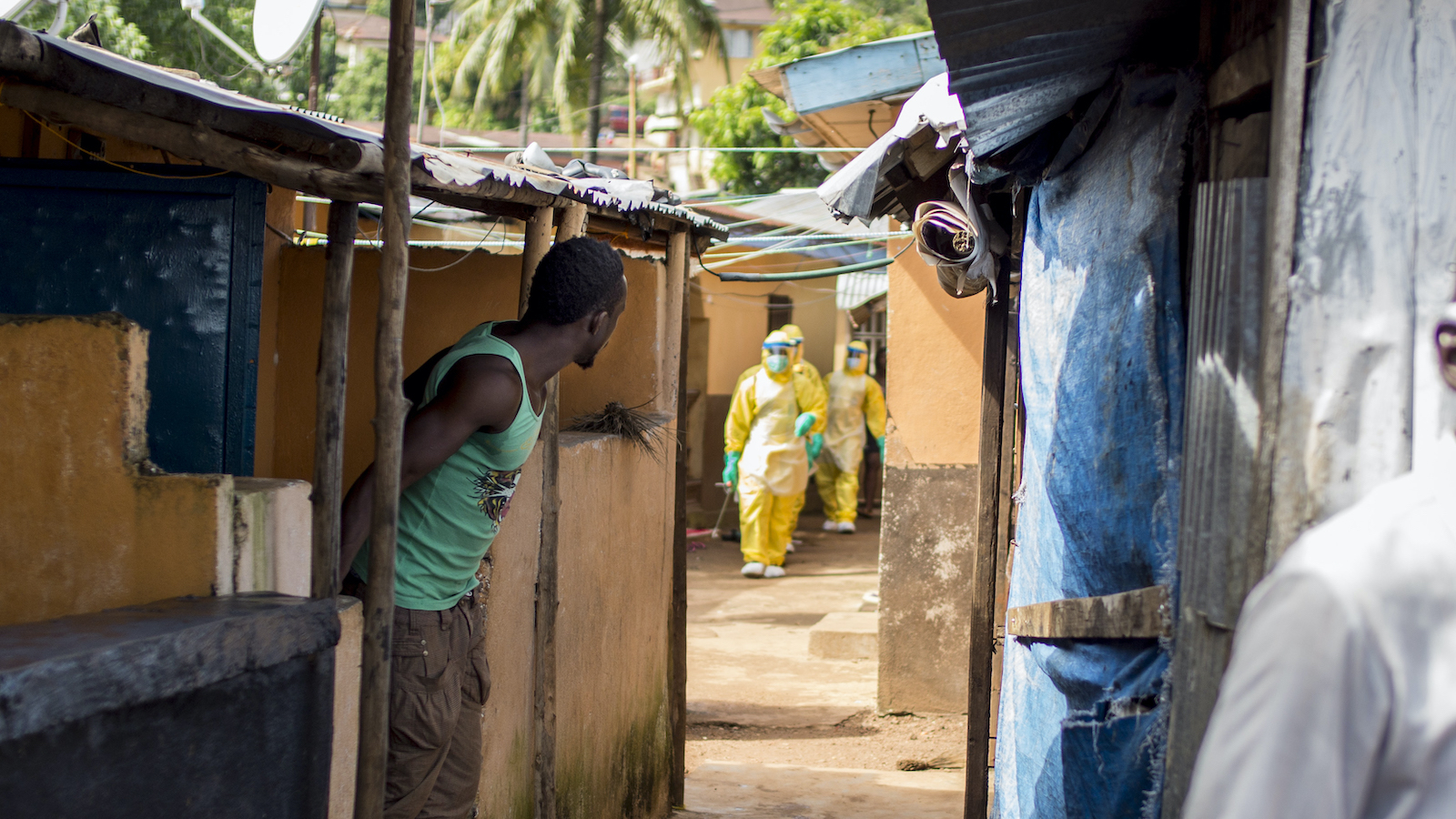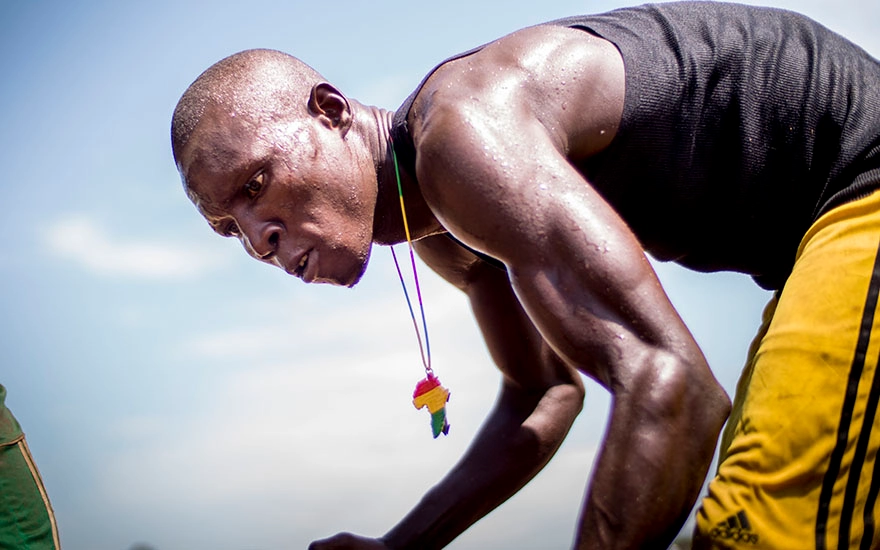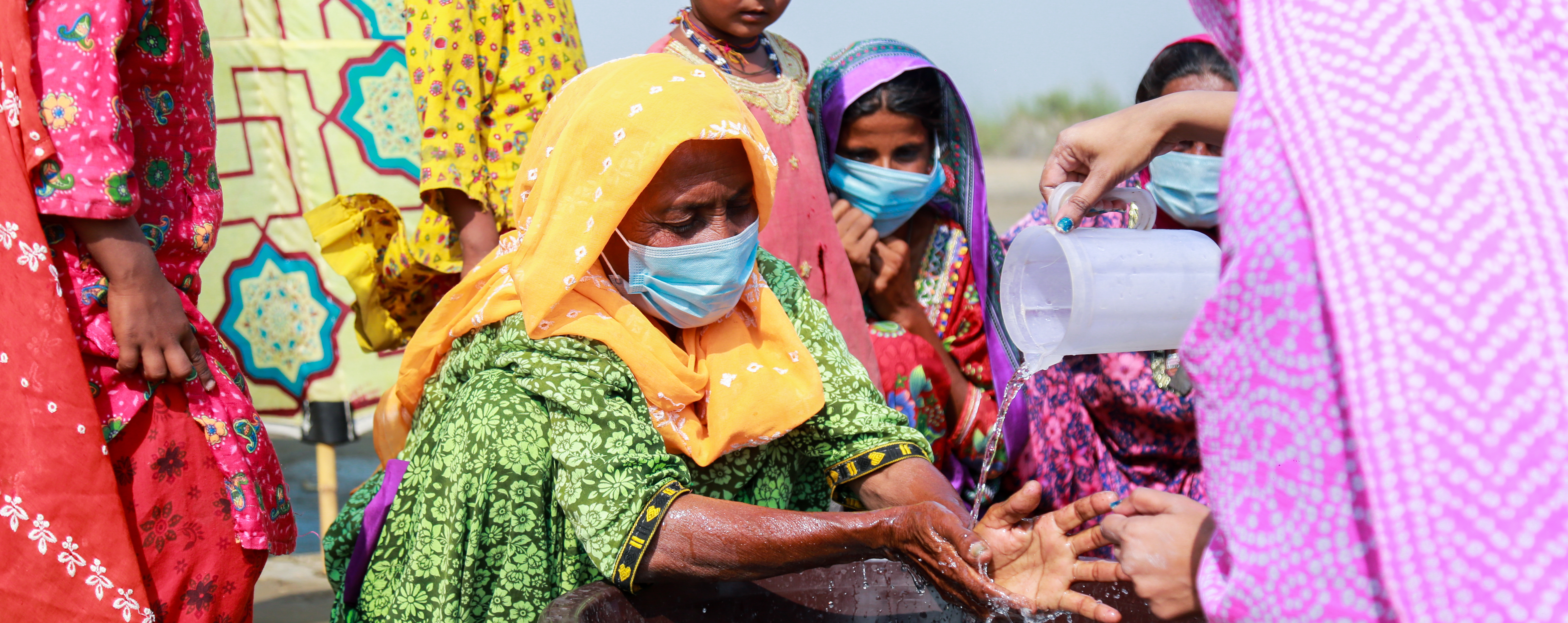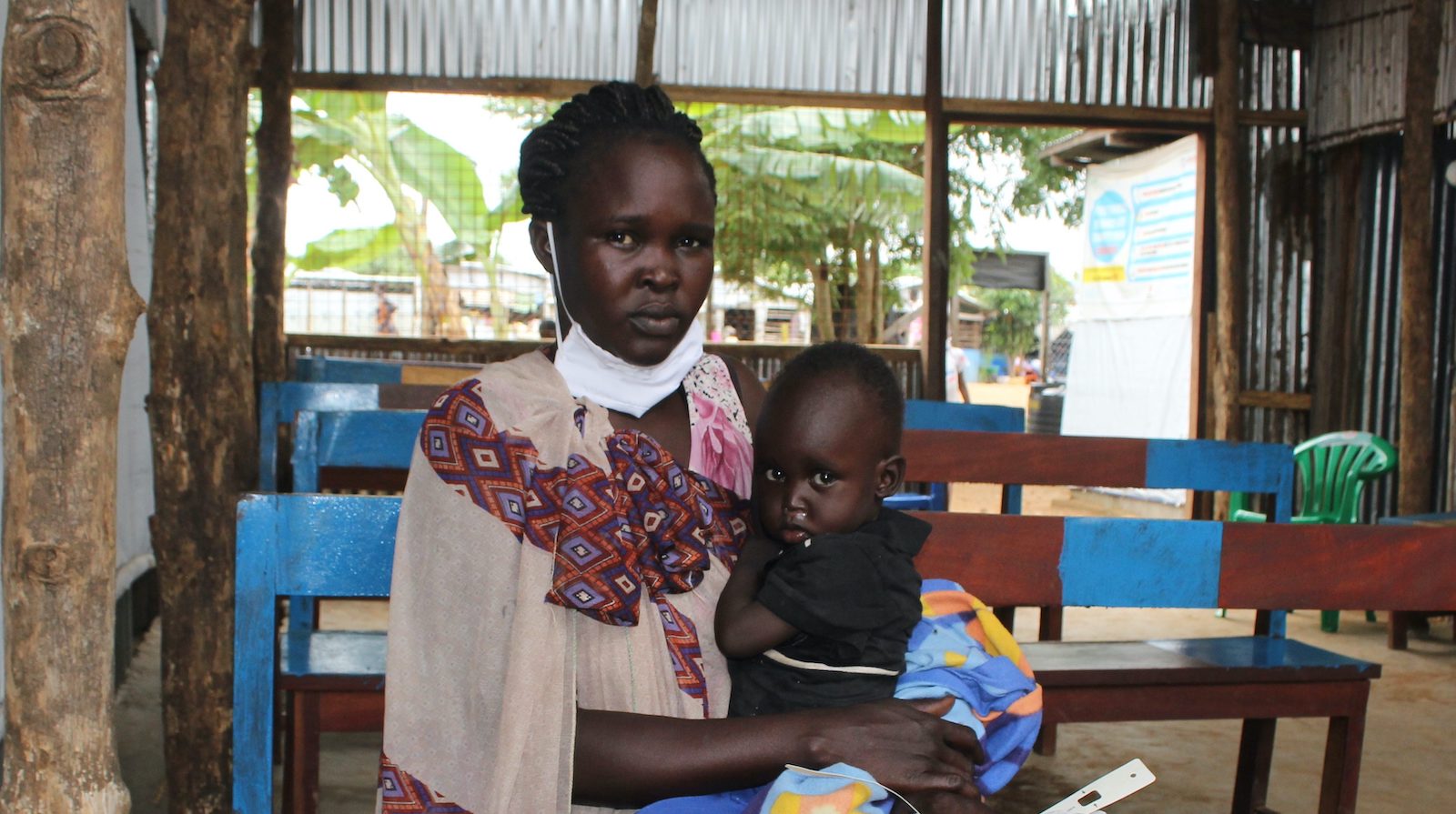For many of us around the globe, COVID-19 is our first experience of an epidemic of any kind, let alone a pandemic. For the people of Sierra Leone, there is an eerie familiarity to what is unfolding in their country.
As of May 14th, Sierra Leone has 387 confirmed cases of COVID-19 and 21 confirmed deaths. The country underwent full lockdown for a 3 day period in early April, and restrictions remain.
This is not new territory for the people of Sierra Leone.
In May 2014, an outbreak of Ebola that originated in Guinea made its way across the border into Sierra Leone. It marked the start of an epidemic that would take almost two full years to be officially declared over. Just shy of 4,000 people lost their lives to the deadly virus in that time.
While the coronavirus is a very different to Ebola, many of the response strategies are all too familiar to the people of Sierra Leone. What the rest of the world is only just grappling with now, they have already learnt the hard way. Concern was there to help in 2014, and we’re there now.
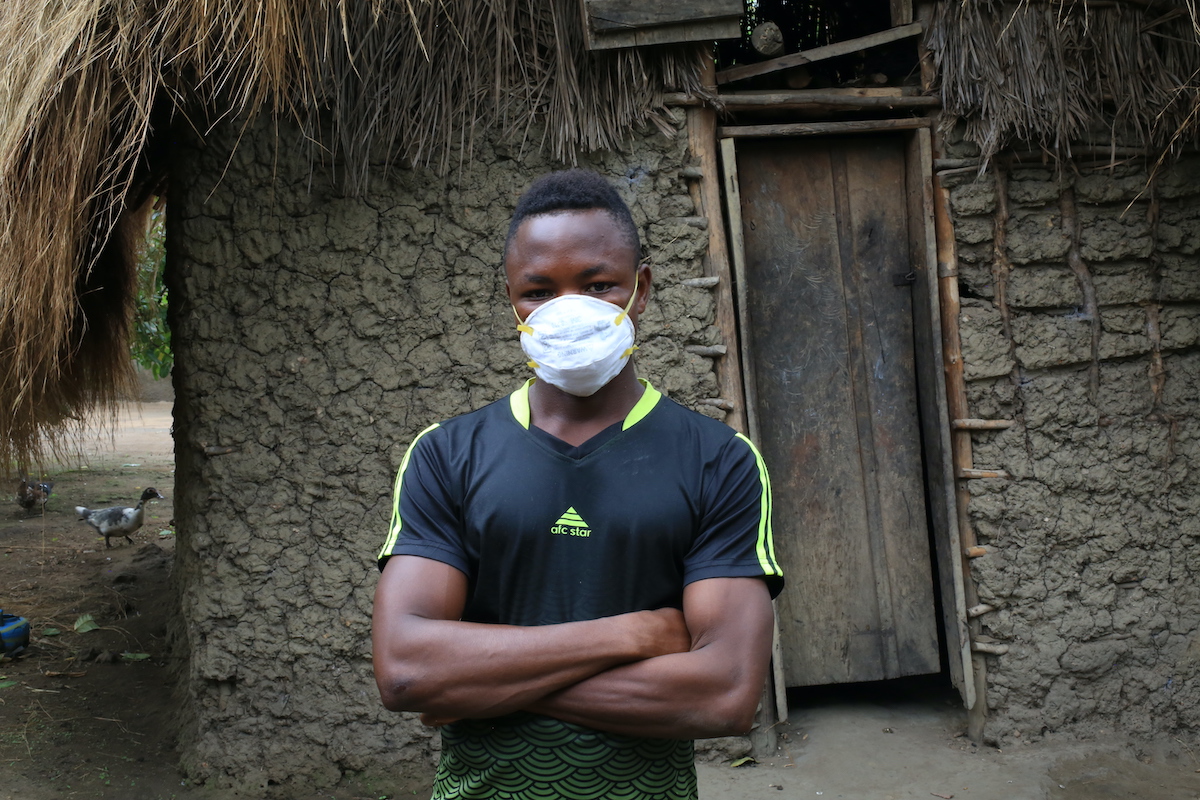
Information and trust
Probably the most valuable weapons in the fight against Ebola were information and trust. A major issue in tackling the outbreak was the spread of misinformation and a lack of trust in the authorities and organizations who were heading up the response.
Charlotte Woellwarth has been working with Concern in Sierra Leone since 2014 and experienced this phenomenon first-hand. “There were a lot of rumours going around during Ebola and a lot of people in Sierra Leone to this day still don’t believe it existed.”
“A lot of people in Sierra Leone to this day still don't believe it existed.”
Concern produced and shared educational materials such as leaflets and posters, and broadcast radio ads. Staff and health volunteers we trained to share prevention messages within their communities.
Katie Waller of Concern US was in Sierra Leone at the time. “When West Africa started getting clear health messages – the same messages repeated over and over again, getting in the hands of trusted people – that’s when you saw a shift in some of the behaviors.”
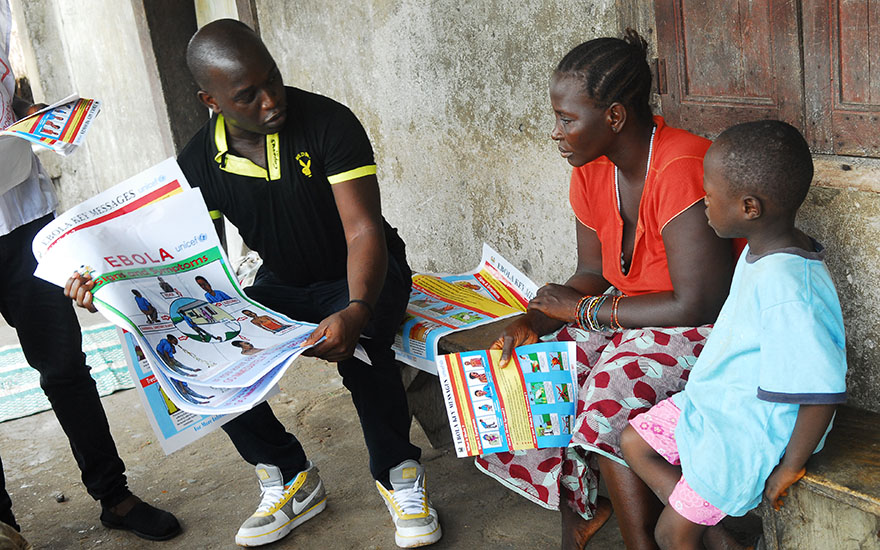
Handwashing
One of the few positive legacies of the Ebola outbreak is the proliferation of public handwashing in Sierra Leone, as it became one of the most visible features of the battle to contain the virus.
“Before you went in any building, there was a hand-washing station out front, so everyone had to dip their hands in the bucket of bleach water that was set up everywhere. Even if you were driving town-to-town, you had to get out of your car and wash your hands and they’d take your temperature,” says Katie Waller.
Handwashing stations have remained a common feature of life and people are definitely used to washing their hands before they enter a building. In Sierra Leone, most people pay for their water and that includes the water they wash their hands with. Concern has begun trucking water to the slums of Freetown, in the face of COVID-19.
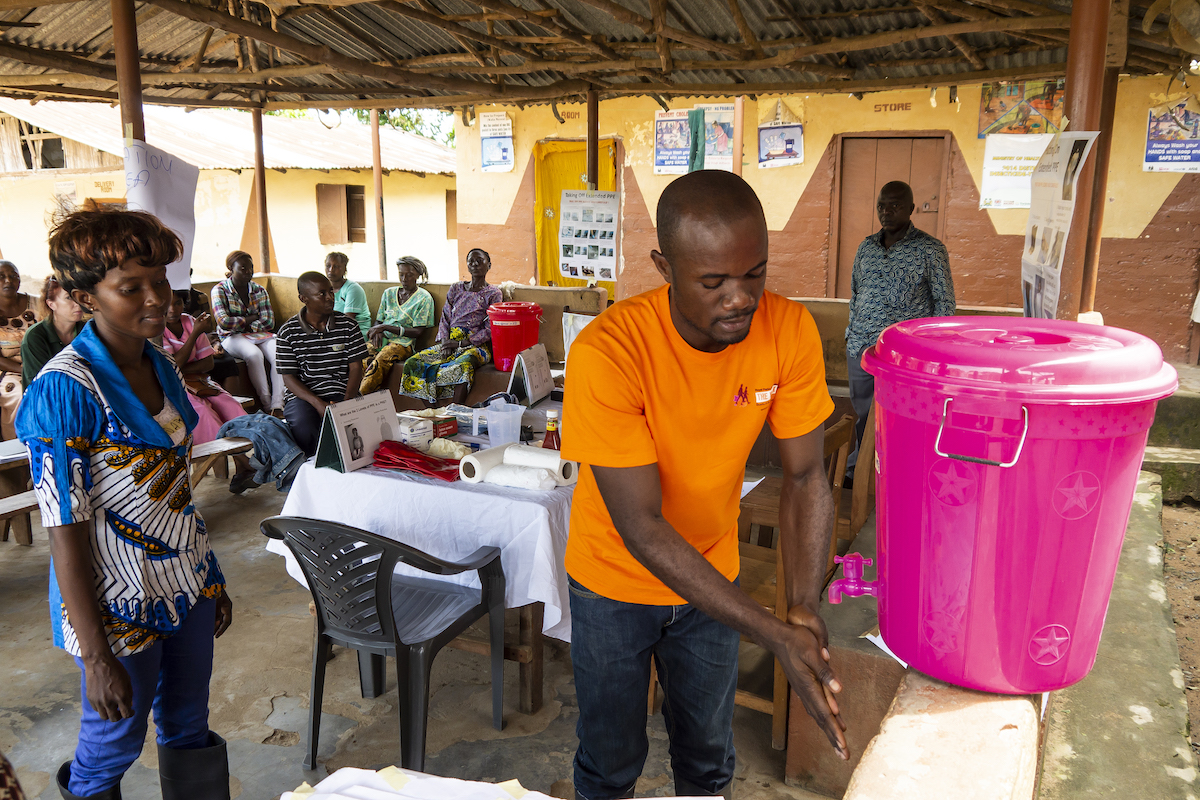
Social distancing
While hand hygiene is being widely implemented, social distancing is, unfortunately, a very different matter. According to the 2017 Human Development Index, 52.9% of people in Sierra Leone live below the poverty line. In real terms, that means that over half the country live day to day. If they don’t leave their house to make money today, then they won’t eat tonight.
“You have to go the market, which is crowded, so you can’t do social distancing. And to get to the market you have to get on a bus crammed with other people. People here know what they should do, but doing it is another matter,” says Charlotte Woellwarth.
Health systems
Sierra Leone’s health system is simply not prepared for what is to come. Health outcomes are already poor and the average life expectancy is only 54.3 years of age. There are 50 ventilators in the entire country, serving a population of over seven million people.
In some ways, Ebola has helped to improve the health system in Sierra Leone, as the number of health centers in remote locations has increased considerably. While they are poorly prepared to deal with coronavirus cases they could help to reduce the number of secondary deaths that come with a health crisis such as this one.
A large part of Concern’s health response today is to support those clinics to remain operational and continue to treat such conditions during this pandemic. We’re supplying them with vital Infection Protection Control (IPC) materials – everything from chlorine to hand sanitizer – so that they can maintain a safe and sterile environment for both staff and patients.
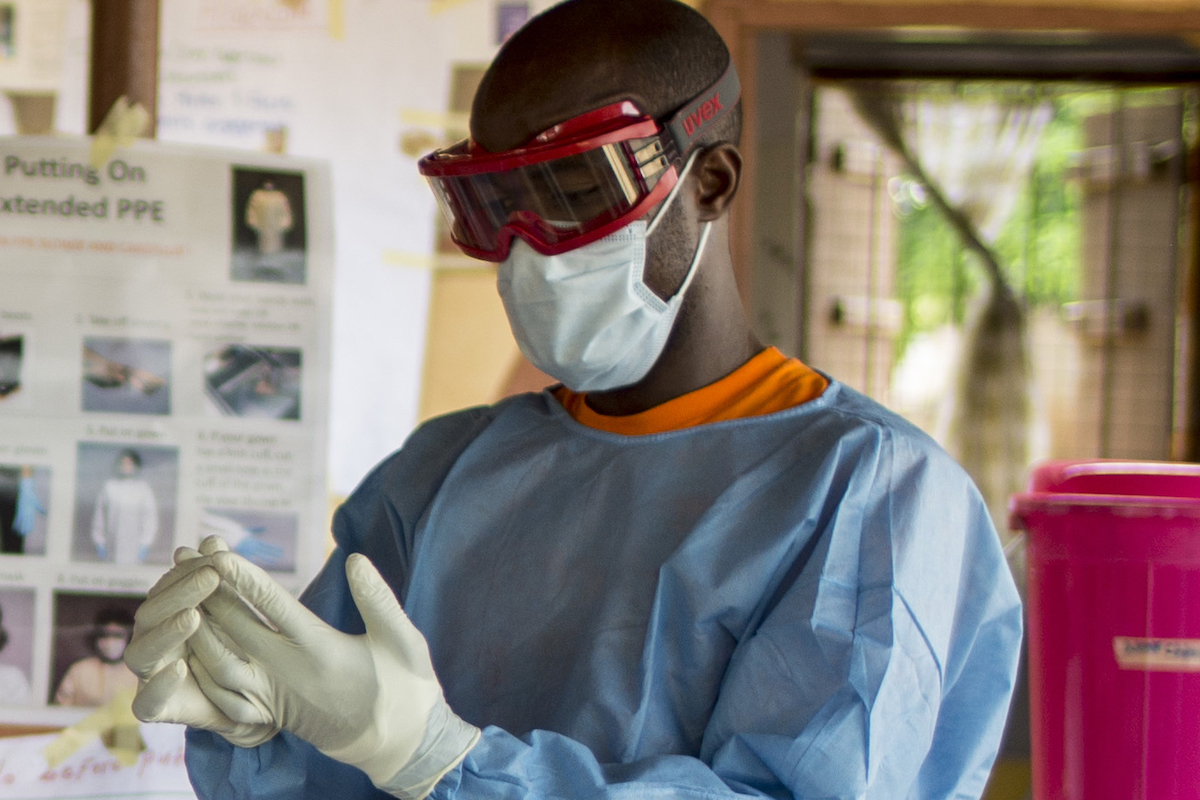
School closures
During the Ebola crisis, schools were closed for eight months, resulting in an entire lost year of schooling. At the time, Concern supported the government to implement a remote learning program, using radio to deliver lessons to school children stuck at home.
COVID-19 has resulted in renewed school closures and similar remote learning measures are being considered. The school closures and curfews also have other, less obvious consequences for girls specifically. “Girls are particularly vulnerable financially, so it’s a worrying time. Sierra Leone had a huge spike in teenage pregnancy during Ebola,” according to Charlotte Woellwarth.
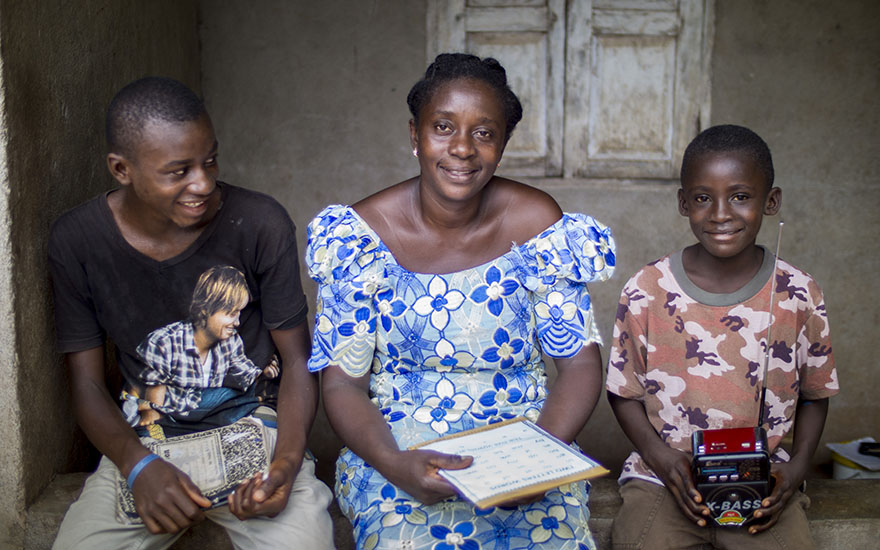
The economy, poverty, and hunger
There will be many devastating consequences of COVID-19 for Sierra Leone, both in the short-term and the long-term. But by far, the most damaging aspect of this pandemic will be economic.
Borders have been closed since March 27, impacting economic activity. In Freetown the price of rice has reportedly risen by 32 percent, its highest increase in five years, and Reuters are reporting an 85% decline year on year in mining revenue. Mining accounts for more than 80% of the West African country’s export income and the bulk of its foreign exchange.
With more than half the population already living below the poverty line, starvation is a very real risk for them. Austin Kennan, Concern’s Country Director for Sierra Leone has a stark warning. “The world cannot forget low income countries. They didn’t create this — but countries in Africa may well pay the highest price.”
COVID-19 in Sierra Leone: Concern's response
Drawing from and developing on previous experience, the Concern team in Sierra Leone has developed a comprehensive prevention strategy, which includes:
- Messaging to communities of key prevention techniques
- Supply of infection prevention and control (IPC) materials
- Installation of handwashing stations at key community locations
- Provision of clean water
- Support to maintain essential health services for non Covid related health
